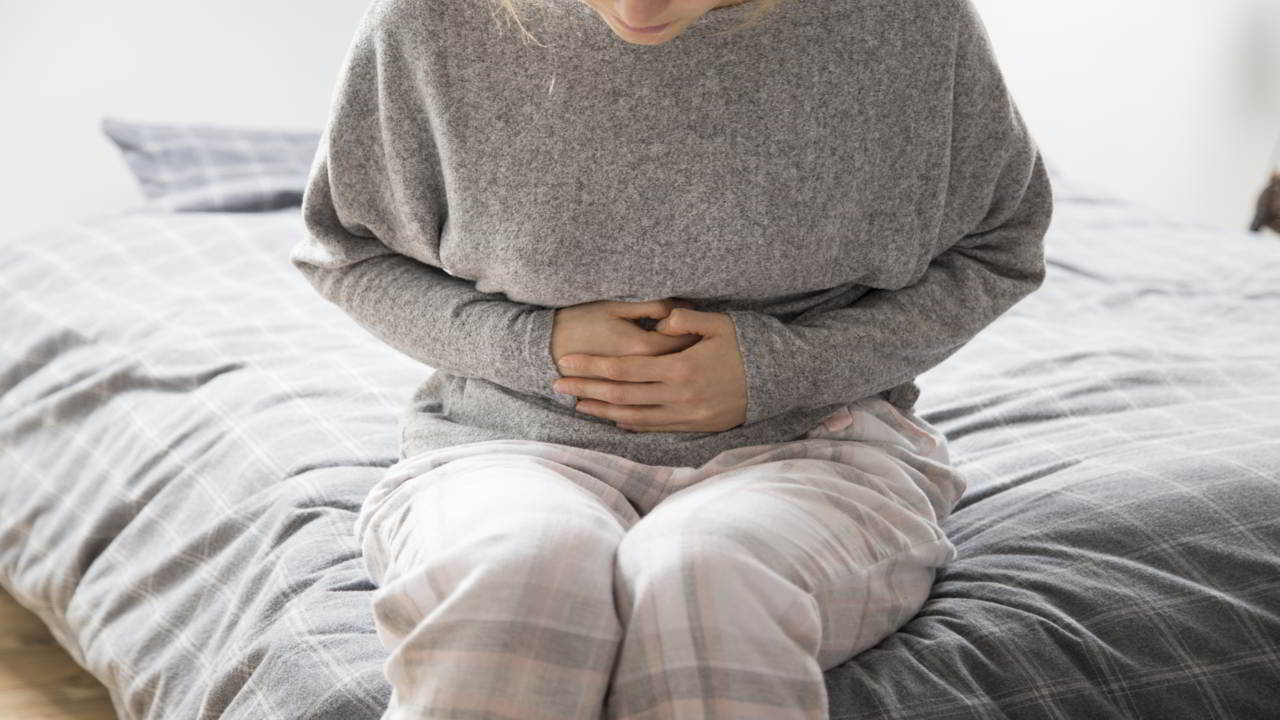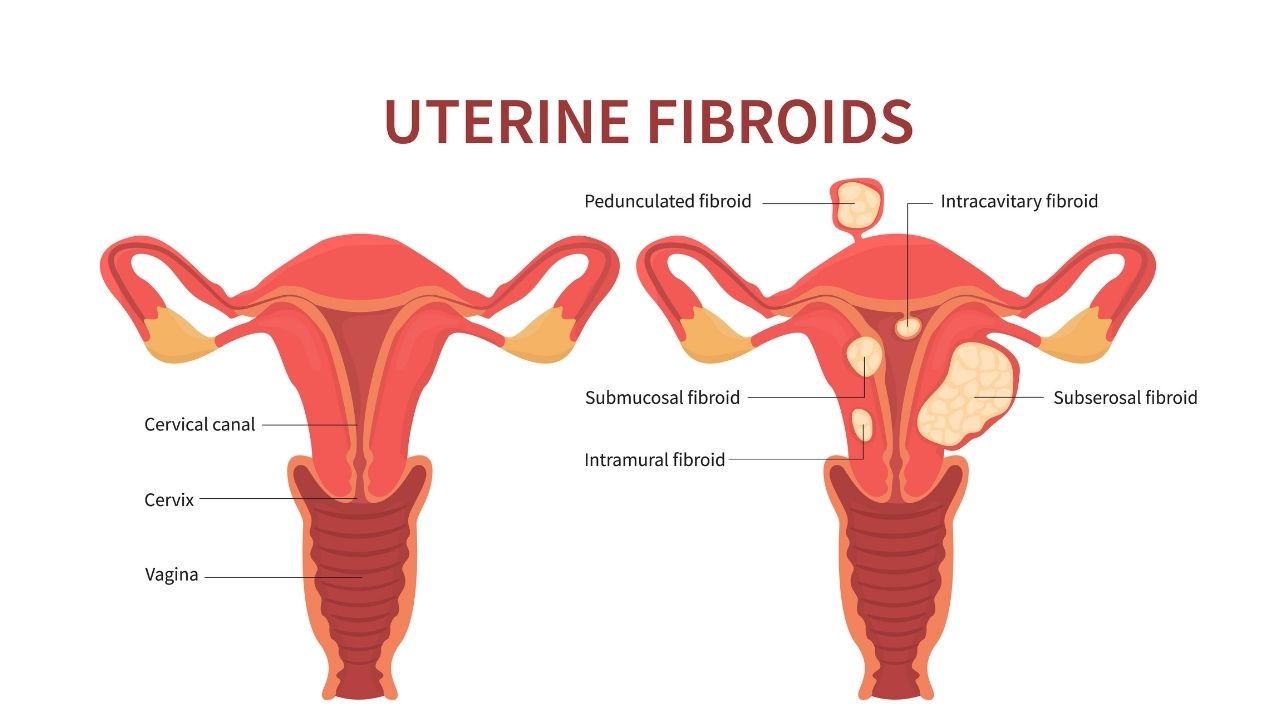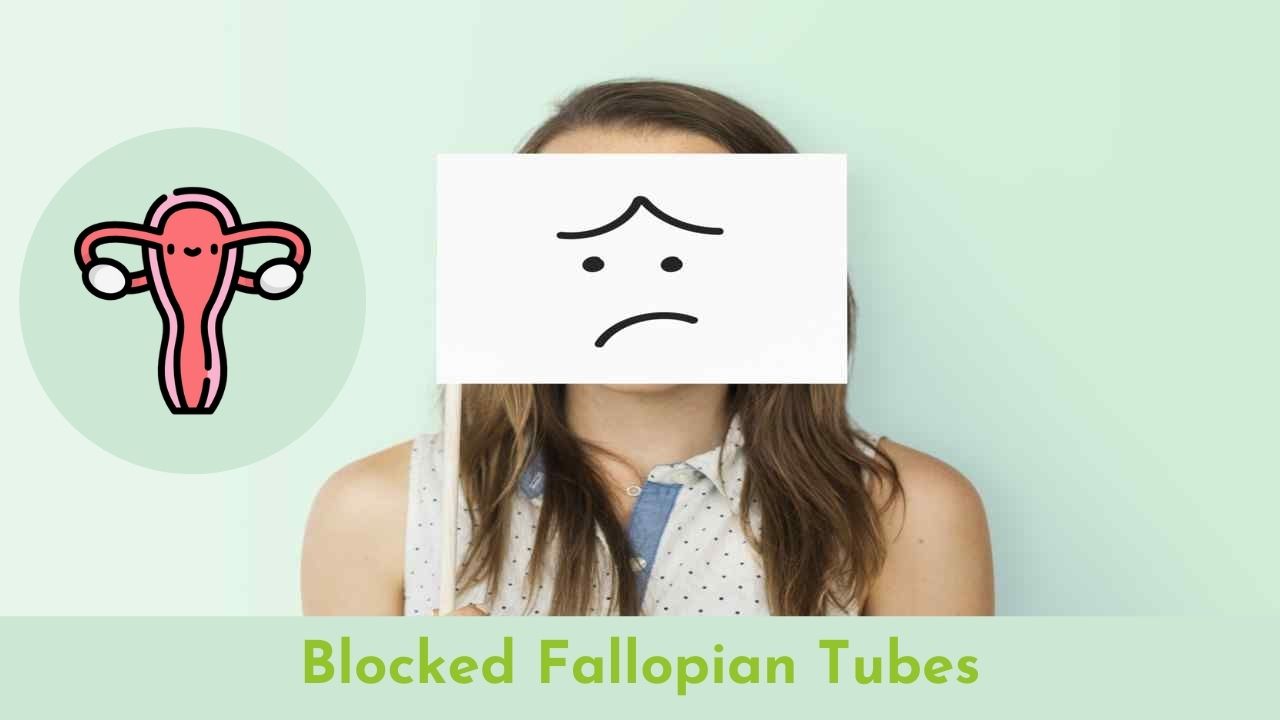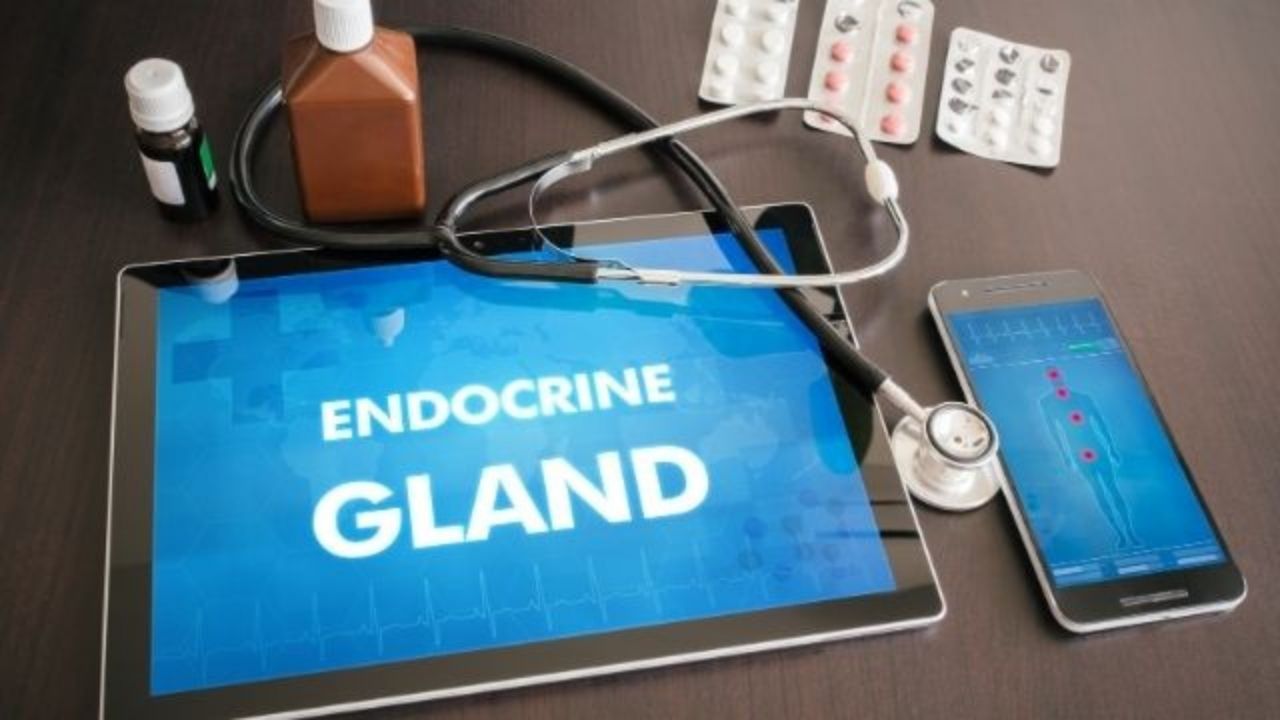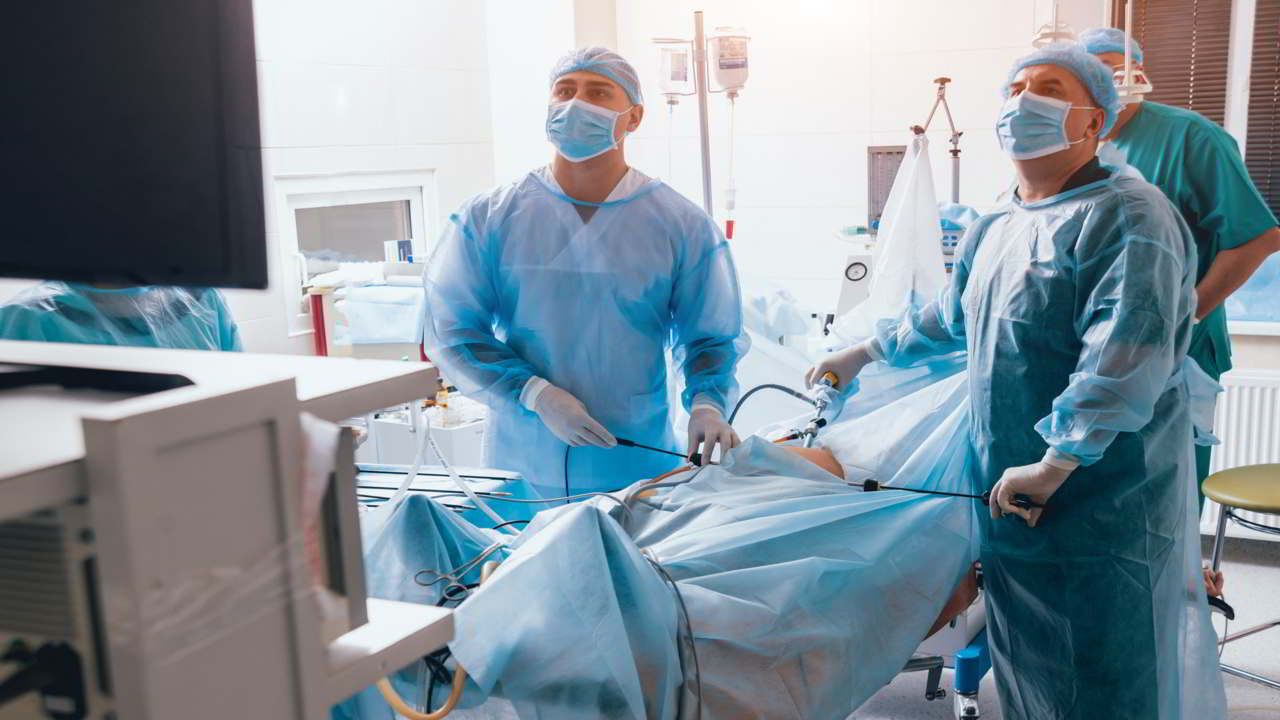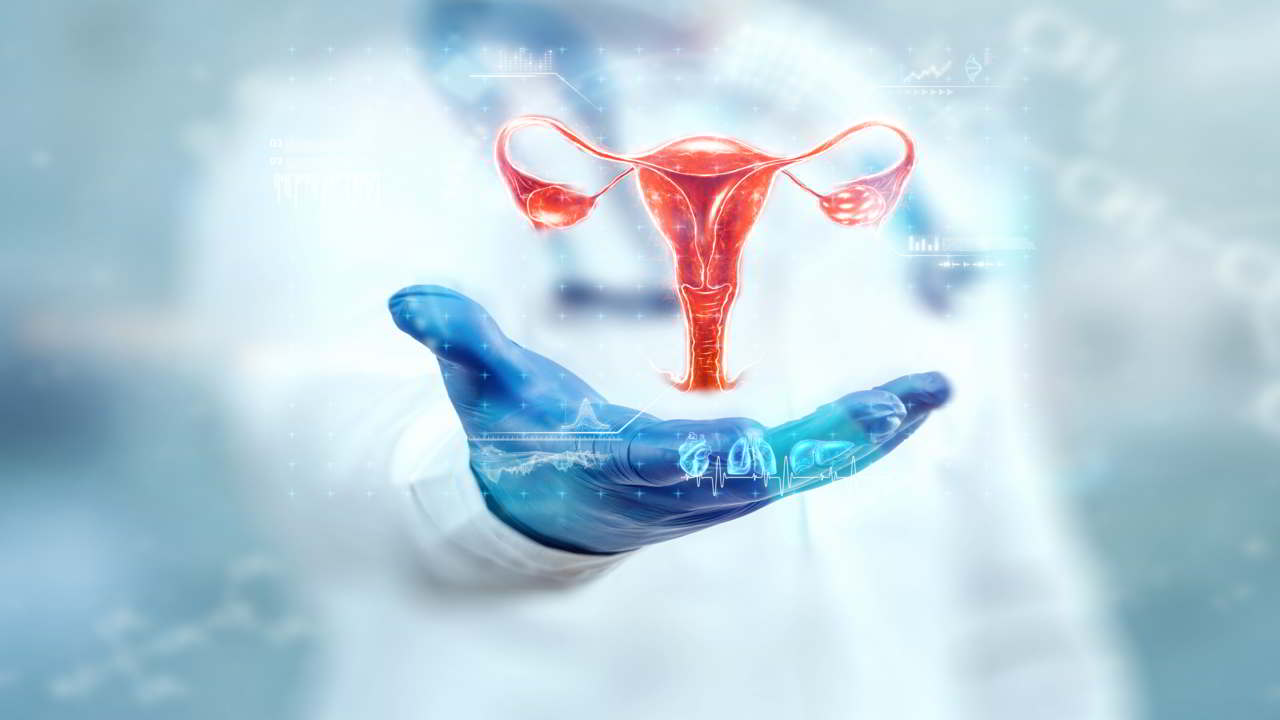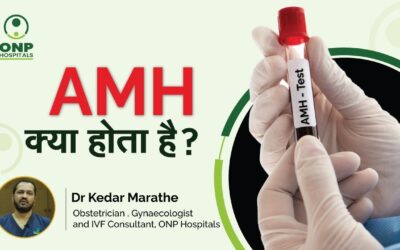As a pediatrician at ONP Hospitals, I’ve witnessed countless stories of resilience and recovery, but one case stands out—little Anaya’s story. Anaya, a spirited four-year-old, came to us after a severe finger injury that happened while she was playing in the backyard....


Overview
There are many painful symptoms of endometriosis, which is characterized by the growth of tissue outside of the uterus that resembles the endometrium, the tissue that usually lines the interior of the uterus. When you have endometriosis, it usually affects your ovaries as well as your fallopian tubes and the tissue that lines your pelvic chambers. Endometrial-like tissue may sometimes be seen outside of the pelvic region.
Endometriosis causes endometrial-like tissue to grow, break down, and bleed like normal endometrial tissue throughout each menstrual cycle. The problem is that this tissue can’t leave your body since it has no other route out. Cysts known as endometriomas may develop when endometriosis spreads to the ovaries. Irritated tissue may form scar tissue and adhesions, which are bands of fibrous tissue that cling together in the pelvis and organs.
Endometriosis may be painful, even debilitating, particularly when it manifests itself during menstruation. Infertility issues may also arise. Fortunately, there are effective methods of therapy.
Everything You Need To Know About Endometriosis
What is Endometriosis?
Endometriosis occurs when the lining of a woman’s uterus invades into the uterus and extrauterine pelvic tissues.
During your menstruation, this tissue behaves much like normal uterine tissue: After the cycle, it will splinter and bleed like a rag doll. This blood, on the other hand, has nowhere to go. Nearby tissues may become inflamed or swollen as well. Scar tissue and lesions may be present.
The ovaries are the most frequent site of endometriosis.
Causes
Endometriosis’s precise etiology is unknown, however, several theories include the following:
- Retrograde menstruation: As the name implies, menstrual blood including endometrial cells returns to the pelvic cavity via the oviducts during retrograde menstruation. They adhere to the walls of the pelvis and organ surfaces of the pelvis, where endometrial cells continue to proliferate, thicken and flow throughout the menstrual cycle.
- Transformation of peritoneal cells: The induction hypothesis holds that hormones or immunological factors encourage peritoneal cell transformation into endometrial-like cells on the inner wall of your belly.
- Embryonic cell transformation: Hormones like estrogen, which are present in embryonic cells at the beginning of their development, have the potential to convert them into endometrial-like cell implants in women throughout puberty.
- Surgical scar implantation: Endometrial cells may adhere to a surgical incision after a procedure like a hysterectomy or C-section.
- Endometrial cell transport: Endometrial cells may be transported to different regions of the body through the blood vessels or tissue fluid (lymphatic) system.
- Immune system disorder: Lack of recognition and eradication of endometrial-like tissue outside the uterus may be due to an immune system dysfunction.
Symptoms
Symptoms may include the following:
- Having back pains when pregnant
- Severe cramps during menstruation
- Pain while pooping or urinating, particularly around the time of the month
- Unusual or excessive menstrual bleeding
- Your feces or pee contain blood
- Constipation or diarrhea
- Sex that is excruciating to endure
- Irritable bowel syndrome
- Finding it difficult to get pregnant
Endometriosis Stages
Endometriosis has four phases, according to the American Society of Reproductive Medicine.
- Stage I (minimal): Only a few tiny sores are visible but there are no scars.
- Stage II (mild): More lesions have appeared, but no scar tissue has formed. Only around 2 centimeters of your abdominal wall is affected.
- Stage III (moderate): There is a chance that the lesions will get deep. Your ovaries or fallopian tubes may be covered with endometriomas or scar tissue from previous miscarriages.
- Stage IV (severe): Your ovaries are filled with tumors and cysts, some of which are very big. Depending on the extent of your surgery, you may have scar tissue on your ovaries, fallopian tubes, or in the bottom portion of your digestive tract.
There is no consideration for pain or other symptoms in the phases. Stage I endometriosis, for example, may be very painful, while stage IV endometriosis may present no symptoms at all.
Conclusion
Endometriosis is a debilitating disease. However, this does not imply that your everyday life would be affected as a result of the illness. Medication, hormone therapy, and surgery are all effective ways to address pain and reproductive problems. After menopause, endometriosis symptoms often improve. For further information, you may reach out to our gynecologist specialists via phone or email.
Sub Services
What Patient has to say about us
People heavily rely on reviews from other patients when choosing a healthcare provider
Our Patients Many many happy returns of the day......... The best doctor in the world My mother was suffering from severe pain in both knees and spine. Dr. Aashish arbat sir has operated today after 15days she is doing every thing thank you Dr aashish arbat sir and team Especially the major support was from Dr Ram sir from admission to dischatge and follow ups and taken care very nicely thanku Dr. Ram sir Our Patients After enduring knee pain for the past decade, my mother sought advice from various doctors in Nagpur, Nashik, and Pune. They all recommended knee replacement surgery, but it was only when we discovered Dr. Aashish Arbat and the option of robotics surgery that we made the decision to proceed. The surgery took place on June 23, 2023, and it turned out to be an incredible experience. To our astonishment, on the morning of June 24, my mother was able to stand on her own legs and even take a few steps. This remarkable progress was made possible due to the advanced assistance of robotics arm and Artificial Intelligence. Dr. Aashish Arbat is an exceptional and highly experienced surgeon, and we are immensely grateful for his expertise. We also extend our appreciation to his colleagues, Dr. Sharma and Dr. Ram, for their excellent skills and compassionate nature. Our heartfelt thanks go out to the entire team for enabling my mother to live a pain-free life Our Patients My mother got her both robotic knee replacement from sir on Oct 2021. The team and sir have made the complete process seamless. Especially my mother was very comfortable post her surgery. Thank you Dr Arbat and team. Our Patients Our Patients Our Patients Hello. My wife has severe arthritis in her body knees since 2017. We communicated many doctors but she was not happy. We visited Dr arbat for same issue and he came up with robotic knee replacement solution which suited her accurately and she is walking 5-6km daily without hesitation and living comfortably. Thanks Dr. Aashish Arbat and his new technology.![]()
Chhaya Kate
![]()
pravin kharat
![]()
T Srivalli
![]()
Mohan Satavekar
![]()
VIVEK PANDEY
![]()
Subhash Bobade
Blogs
Addressing Childhood Obesity: Preventative Measures and Healthy Lifestyle Choices
Childhood obesity is growing concern. More kids are affected every year. Tackling this issue early is crucial. This ensures children grow up healthy and happy. Fortunately, there...
Healthy Sleep Habits for Children: Tips for Parents
Good sleep is essential for children’s health and development. Yet getting kids to sleep can sometimes feel like an uphill battle. Establishing healthy sleep habits early on sets...
The Role of Diet and Nutrition in Managing Encopresis in Children: Insights from Dr. Amita Phadnis
Encopresis, a condition characterized by involuntary soiling in children, can be distressing for both the child and their family. First and foremost, complete treatment of...
Videos
Dr. Amita Phadnis’s Full Speech on Survival & Health Rights at UNICEF India.
Dr. Amita Phadnis ,M.D., Gave a Motivating Speech
Breast cancer is cancer that forms in breast cells. Women are mostly diagnosed with this cancer. Although it can be seen in both men and women
What is AMH
The granulosa cells in your ovarian follicles create the anti-Mullerian hormone, often known as AMH. According to the American College of Obstetricians and Gynecologists (ACOG), the generation of AMH is a reflection of your ovarian reserve.
FAQ’s
Pregnancy and Migraine Headaches: What Women Need to Know
When you are pregnant or breastfeeding, then you should be aware that migraine headaches are a normal part of the journey. Pregnant women might feel headaches owing to...
What Is the Problem of Orthopedics in Children?
While orthopaedic problems are commonly seen in and associated with the elderly, it’s important to be alert regarding the fact that they can afflict young people and children as well.
All You Need to Know About Reproduction
Most science students have to study about reproduction in their high school syllabus, and some learn from their parents, who may discuss it even earlier. It’s a very good thing to know about our own bodies…
Explore All Departments

ONP Prime

ONP Leela

IVF

Oncology

Pediatrics

Urology

Neonatology

Ophthalmology

Orthopedics

Gynaecology

Cardiology

IVF

Oncology

Pediatrics

Urology

Neonatology

Ophthalmology



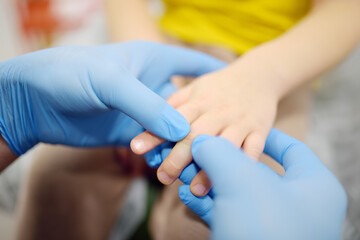

 Home
Home
